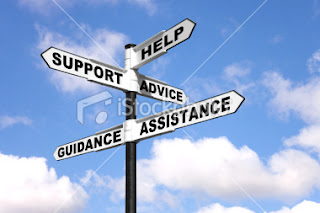With the advent of the NDIS, it seems the unpaid carers are not being recognised to their vital role in caring for their loved one.
The NDIS is all about the person with the disability and their needs and this is a good thing.
To begin with, the planners and NDIA didn't take the welfare and well being of unpaid carers into account at all.
They realised, rather quickly that if they do not look after this group, people with disabilities are going to cost Australia millions more then it is now, due to carers not being able to manage or cope.
In saying this, unpaid carers are treated like machines....
- No you are not entitled to timeout from your duties as a carer...
- What do you mean, you need time with your other family members?
- Why should you have down time for yourself?
- Of course you can't have a holiday without our loved one with a disability.....
- You are lucky you get anything.......

And the list goes on........
I find it interesting how many people leave the industry after a certain amount of years, due to carer burnout, yet they don't truly get that unpaid carers don't have the luxury of leaving in spite having carer burnout ( unless they relinquish their loved one).
Isn't it time the unpaid carers are truly recognised and rewarded for what they do for this country?
Isn't it time the carers are included as part of the solution - not seen as part of the problem?
Even machines break down, if they are not well maintained
If the NDIS & Governments continue to only pay lip service to the unpaid carers, the NDIS will go from a preventative program to a crisis program very quickly and we are back to the dirty old system we had before. But worse, because we spent all this money on the NDIS to have..the same old, same old...
We need to ensure the carers are well supported whilst carrying out their selfless duties
www.idareu.org.au






























